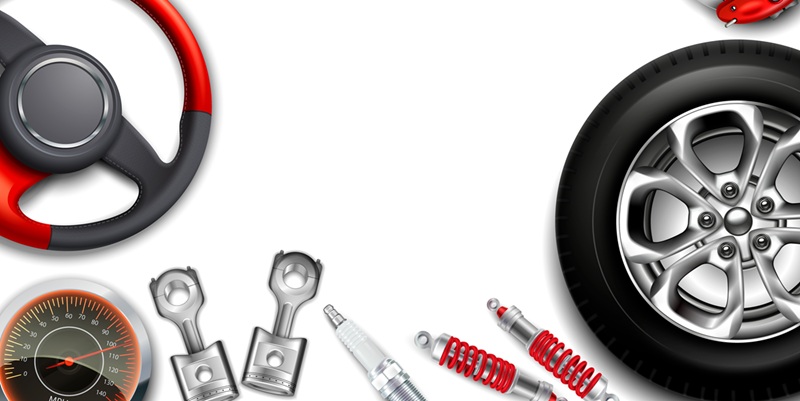Schedule a Call Back
“The Indian HVAC market is approximately $5.8 billion.”
 Interviews
Interviews- Aug 27,24
Along
with energy efficiency, the two aspects that consumers desire are
sustainability and ease of operation. As a result, the market is currently
moving toward smart controls, giving consumers the ability to manage their HVAC
system remotely, says Abhishek Verma, Business Head, Air
Conditioners Group, PMIN, Panasonic Life Solutions India.
Kindly brief us on products
and solutions offered by your company in HVAC space (especially for industrial
applications).
With an expertise of over
65+ years in developing air conditioners, Panasonic has a diversified range of
air conditioners (ACs) that are tech-enabled and are designed to deliver cooling,
quality (reliability) and a connected experience to redefine smart living.
Broadly, our products are
divided into three categories:
a)
Residential Airconditioning (RAC) comprising of
smart Inverter Split Hi-wall AC units, fixed speed and Window ACs. These come
in the range of 1.0-2.2 tonnage capacity best suited for residential
applications.
b)
Packaged Airconditioning (PAC) comprises of
Smart Inverter Cassettes, Ductables and Tower ACs to offer ranging from 1.5 Tr
to 11.0 Tr.
c)
VRF Airconditioning (VRF) have a capacity range
of 4 HP to 80 HP. VRF has the flexibility to customise in terms of Indoor Type
(Hiwall / Cassettes / Duct / Floor Mounted) to name and can cater to variety of
applications ranging from small office to huge factories.
Why are HVAC systems important for improving efficiency and productivity in
manufacturing facilities?
HVAC solutions are designed to enhance comfort, convenience and connectivity at
workplace. Panasonic HVAC solutions uses advanced technology such as Miraie –
Panasonic’s connected living platform and True AI (Artificial Intelligence to
automatically adjusts the AC settings/parameters for comfort cooling). It can
help:
·
Regulate humidity
and temperature
·
Ensure IAQ
(Inside Air Quality)
·
Energy
Efficiency
·
Environment
Control (Cleanroom and Pharma applications)
·
Equipment
Cooling (Server Rooms / Printing Press applications require machines to be kept
in certain temperature range)
·
Is Safe to use (can
be placed at basements / Stairwells / closed workspaces have HVAC norms)
What is the market size and scope for industrial applications of HVAC in
India? What are the key factors (and/or end-user industries) driving this
market?
Indian HVAC market is
approximately $5.8 billion, which includes residential, commercial
air-conditioning, ventilation and other ancillary products. This is projected
to grow by another 16% - 17%. Out of which industrial application would be
roughly 20%, i.e., $1.2 billion.
There are several factors
that contribute to the rise in demand for HVAC industry such as urbanisation,
technological advancements, government initiatives and growing awareness to
name a few. They are helping catapult the growth for HVAC industry.
For instance,
·
Growing awareness and demand for indoor air quality
and comfort across residential and commercial spaces is driving demand for
HVAC.
·
Increased industrialisation: Rise in Indian economy
and the parallel exponential industrial growth is creating a demand for
commercial ACs across office/institutions /manufacturing plants.
·
Demand for Japanese-trusted, sustainable technology
which meets the new-age demand i.e., AI/IoT enabled solutions are increasingly
being favoured.
·
Local manufacturing boost – GOI’s schemes such as PLI have
been a game-changer for the AC industry increasing domestic value addition from
25% to 45% within a year and a half of its launch. The objective is to reach to
75% value addition by FY28 and this will help further boost the demand for AC
industry at large.
How can industries balance
upfront costs with long-term energy savings when upgrading to eco-friendly HVAC
systems?
Inverter air conditioners are
generally more energy-efficient than conventional air conditioners, which can
justify the higher upfront cost in many cases. Inverter ACs use variable-speed
compressors that adjust their output to match the cooling demand, rather than
running at a fixed, maximum capacity like standard units.
This
allows inverter ACs to consume less electricity when the heating load is lower,
resulting in significant energy savings, especially during milder weather
conditions. Studies have shown that inverter ACs can be 30-50% more
energy-efficient than traditional air conditioners.
What are the emerging
trends in HVAC technologies (for industrial applications)?
Some of the trends seen
across the HVAC industry are with respect to energy efficiency, sustainability,
and improved indoor air quality. In the case of-
Energy
efficiency:
- Variable speed
inverter technology: They help
reduce operational costs
- Heat recovery
systems: These systems
capture waste heat from industrial processes and use it to heat or cool
other areas of the facility.
- Smart controls: Uses new-age technology to optimise HVAC
system performance, reducing energy consumption and improving efficiency.
2.
Sustainability:
- Green refrigerants: such as R410a and R32 (low O-depletion tech)
are being used in our HVAC to lower environmental impact
3.
Indoor air quality:
- Advanced filtration
systems: Panasonic’s nanoe™X
and nanoeTMG technologies, helps ensure a healthy indoor AQI by
eliminating PM 2.5 particulate matter, dust particles, bacteria, and
viruses.
4.
IoT and smart HVAC - Digital Convergence today has led to a faster adoption
of new-age technologies in AC industry. Thus, creating a demand for IoT/AI
enabled HVAC solutions. Panasonic uses
Miraie enabled technology across its AC range to regulate temperature, schedule
maintenance humidity, and CO2 levels, to optimize HVAC system performance.
Additionally, HVAC industry
has seen an increase in demand of modular chiller applications. Modular
Chillers are customisable HVAC solutions that can be used as multiple modules
to deliver the required capacity for any requirement. Nonetheless, they have the inherent drawbacks of a
chiller system, such as high initial costs, large space requirements, and water
consumption during operation.
How is the HVAC market
expected to evolve in the next five years?
Today
an HVAC customer seeks smart and new-age sustainable tech-enabled cooling
solution for his day-to-day needs. Along with energy efficiency, the two
aspects that consumers desire are sustainability and ease of operation. As a
result, the market is currently moving toward smart controls, giving consumers
the ability to manage their HVAC system remotely. The market will soon see
feature-rich, IoT/AI-enabled machines that may be remotely or online over
internet, through smart devices.
What are your plans to
further tap the HVAC market? (in terms of developing new technologies,
expanding production capacity, tapping new end-user industries, exports, etc.)
At Panasonic, air
conditioners are an important growth engine for our consumer durables division
and in this competitive market, we consistently innovate in line with changing
consumer preferences. From indoor air quality, energy conservation,
connectivity to further building on the convenience aspect, we have now
integrated matter (in RACs) with our Miraie platform to redefine the smart home
experience. Matter provides inter-operability and is simple to use, reliable
and secure. Similarly, any room air conditioner that is compatible with matter
is easily controlled through the Miraie platform. We will continue to stay
committed to our enterprise customers through our HVAC range and continue to
explore newer markets through our diversified range of commercial ACs.
We have recently introduced
our Tower ACs range of 2-4 tonnage capacity. It helps ensure.
·
Cooling performance through
higher airflow. This coupled with Panasonic’s nanoe™X and nanoeTMG technologies, helps ensure a healthy indoor AQI by eliminating PM 2.5
particulate matter, dust particles, bacteria, and viruses.
·
Quality and
Reliability are
guaranteed through technologies such as inverter, ECOTOUGH, ShieldBlu+, PiR
sensors (for energy optimisation).
·
Connectivity
for smart living is powered by Miraie – Panasonic’s connected living platform and True AI
(Artificial Intelligence - automatically adjusts the AC settings/parameters for
comfort cooling). Delivering on our ‘Make in India’ commitment, all Panasonic
ACs are manufactured at our Technopark plant in Haryana.
Related Stories

Setco Automotive enters engine cooling market with new water pump launch
Setco Automotive expands its product range with a new water pump for LCVs and MHCVs, reinforcing its presence beyond clutches into engine cooling solutions for global OEM and aftermarket clients.
Read more
Balancing sustainability and compliance in pharma industry with HVAC solutions
HVAC systems account for more than 50 per cent of total energy consumption in cleanrooms. Kishor Patil of Trane Technologies explores how energy-efficient HVAC systems can help pharmaceutical compan..
Read more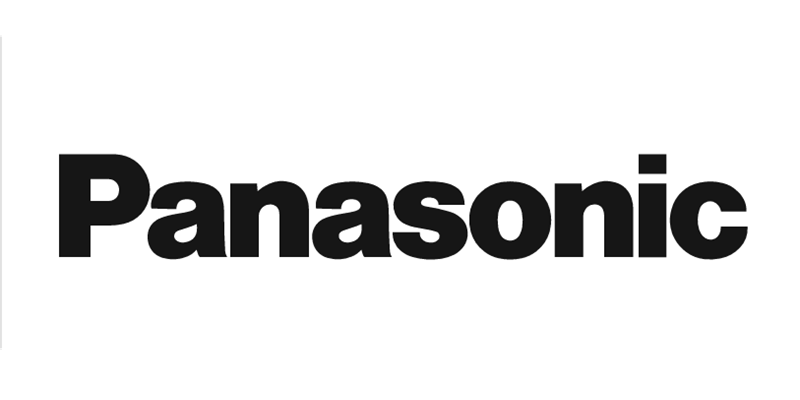
Panasonic Life Solutions India stays committed to India’s solar energy future
Panasonic plans to further scale its operations, cater to both residential and commercial demand, and collaborate with developers, installers, and government agencies to enhance access to reliable a..
Read moreRelated Products
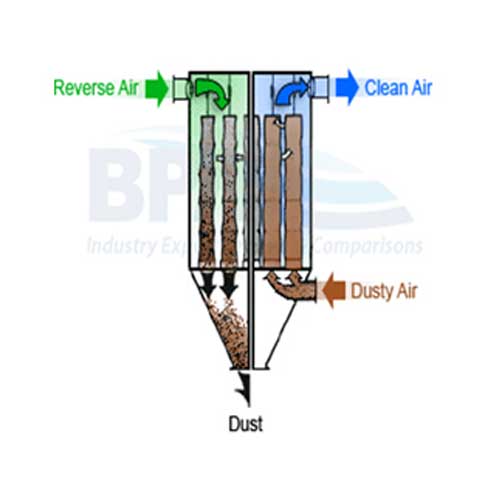
Reverse Air Bag House
ABR Enviro Systems offers a wide range of reverse air bag house.
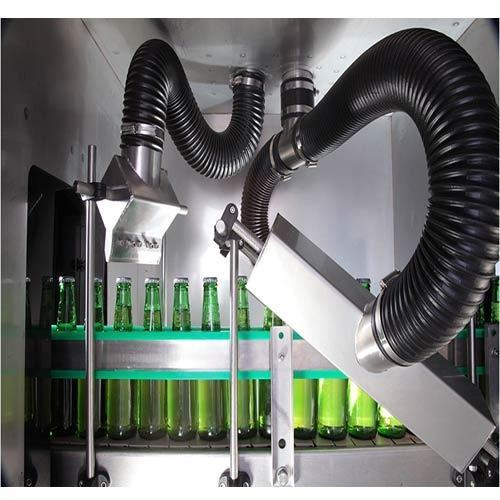
High Quality Air Knife System
Superchillers offers high quality air knife system. Read more
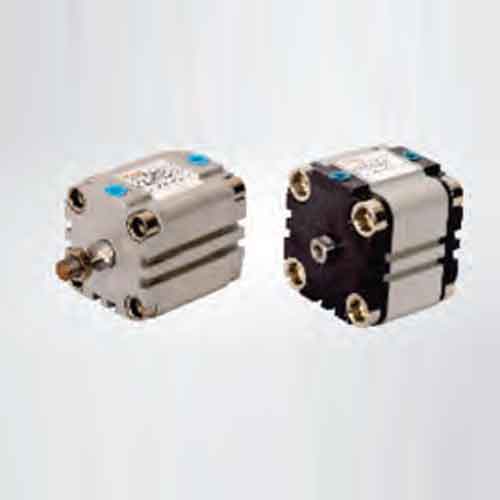
Compact Cylinders -Vadvu Series
Vijay Air Control offers a wide range of compact cylinders -Vadvu Series









